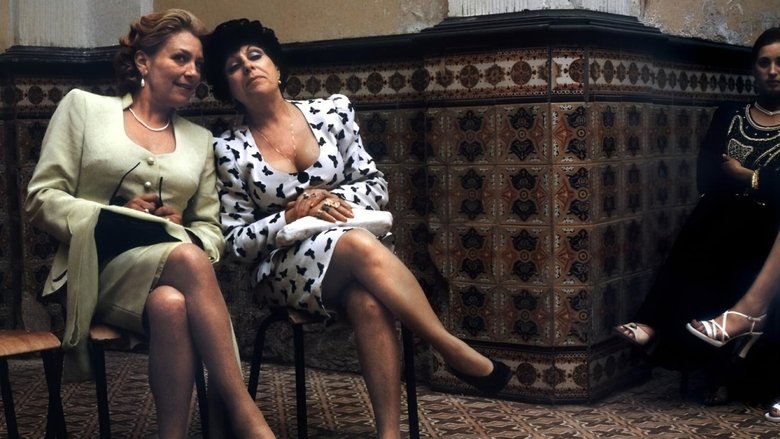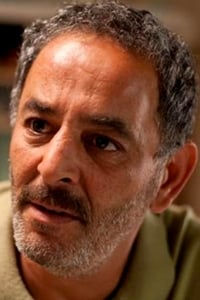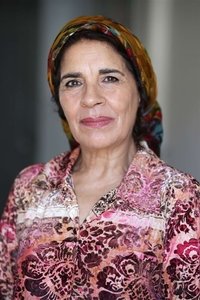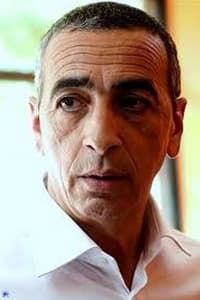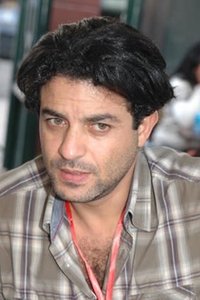The Harem of Madame Osmane
Genres
ComedyDrama
OverView
In Algiers in 1993, while the civil war is starting, Mrs Osmane's tenants have to endure her bad temper. Her husband left her and the fear to lose her respectability haunt her. The former member of the Resistance during the Independence War persists in controlling the slightest moves of the households rather than struggle against her own frustrations. Learning her daughter is in love, the possibility of finding herself alone will push her to the limit: The symbolical Mrs Osmane "harem" is about to collapse.
Others
Budget
$--
Revenue
$--
Status
Released
Original Language
French
Runtime
100 mins
Rating
5.722/10
Release Date
12 July 2000
Country
Algeria
